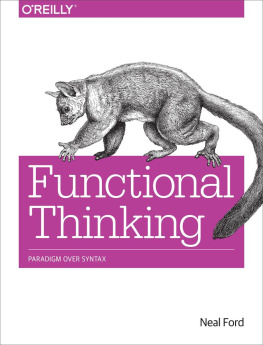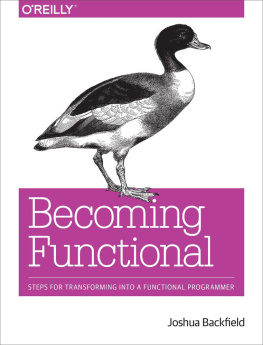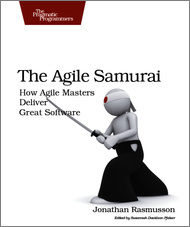Ben Weidig - A Functional Approach to Java: Augmenting Object-Oriented Java Code with Functional Principles
Here you can read online Ben Weidig - A Functional Approach to Java: Augmenting Object-Oriented Java Code with Functional Principles full text of the book (entire story) in english for free. Download pdf and epub, get meaning, cover and reviews about this ebook. year: 2023, publisher: OReilly Media, genre: Computer. Description of the work, (preface) as well as reviews are available. Best literature library LitArk.com created for fans of good reading and offers a wide selection of genres:
Romance novel
Science fiction
Adventure
Detective
Science
History
Home and family
Prose
Art
Politics
Computer
Non-fiction
Religion
Business
Children
Humor
Choose a favorite category and find really read worthwhile books. Enjoy immersion in the world of imagination, feel the emotions of the characters or learn something new for yourself, make an fascinating discovery.
- Book:A Functional Approach to Java: Augmenting Object-Oriented Java Code with Functional Principles
- Author:
- Publisher:OReilly Media
- Genre:
- Year:2023
- Rating:4 / 5
- Favourites:Add to favourites
- Your mark:
A Functional Approach to Java: Augmenting Object-Oriented Java Code with Functional Principles: summary, description and annotation
We offer to read an annotation, description, summary or preface (depends on what the author of the book "A Functional Approach to Java: Augmenting Object-Oriented Java Code with Functional Principles" wrote himself). If you haven't found the necessary information about the book — write in the comments, we will try to find it.
Java developers usually tackle the complexity of software development through object-oriented programming (OOP). But not every problem is a good match for OOP. The functional programming (FP) paradigm offers you another approach to solving problems, and Java provides easy-to-grasp FP tools such as lambdas and streams. If youre interested in applying FP concepts to your Java code, this book is for you.
Author Ben Weidig highlights different aspects of functional programming and shows you how to incorporate them in your code without going fully functional. Youll learn how, when, and why to use FP concepts such as immutability and pure functions to write more concise, reasonable, and future-proof code. Many developers seek to expand their horizons by using OOP and FP together. Its no longer either-or; its both.
In two parts, this book includes:
- A Functional Approach: Get a high-level overview of functional programming, including the types already available to Java developers. Then explore different FP concepts and learn how to use them.
- Real-World Problems, Patterns, and Recipes: Apply what youve learned in part one to the typical real-world problems you might encounter in your daily work.
Ben Weidig: author's other books
Who wrote A Functional Approach to Java: Augmenting Object-Oriented Java Code with Functional Principles? Find out the surname, the name of the author of the book and a list of all author's works by series.

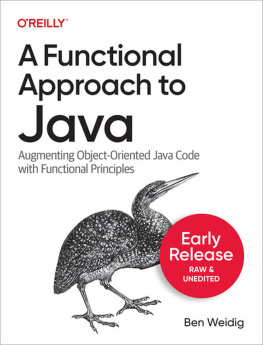
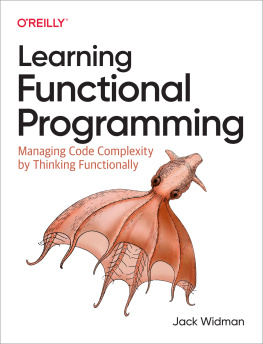
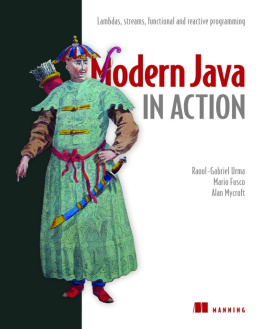
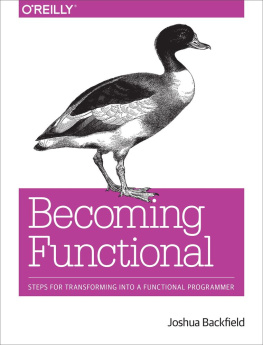

![Pierre-Yves Saumont [Pierre-Yves Saumont] - Functional Programming in Java: How functional techniques improve your Java programs](/uploads/posts/book/119337/thumbs/pierre-yves-saumont-pierre-yves-saumont.jpg)

